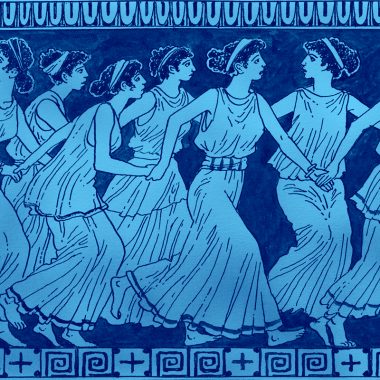Alpha, Beta, What’s Next? The Greek Alphabet Explained
Lately, it seems everyone has been talking about the Delta variant of COVID-19. And just as we were getting used to this new term, a Lambda variant appeared in the news. Delta? Lambda? Do these words mean anything? Why are we using them to refer to COVID-19? Delta and lambda are actually letters of the Greek alphabet, and there is a good reason that we …











